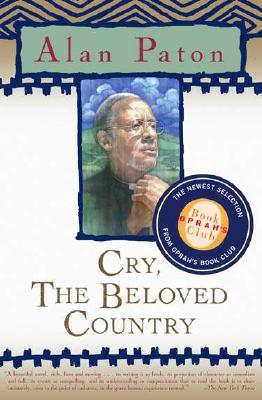The Ham of God
Yesterday afternoon I ran some errands, and when they were done I discovered to my joy that I had another 20 minutes before I had to pick up the kids from daycare.
I'm right around the corner from the library, I thought. Perfect!
I quickly perused the paperback bestseller shelves, where I occasionally find some gold among the straw. This time I found Anne Lamott's Plan B: Further Thoughts on Faith.
I scanned the first chapter ("Ham of God") and was caught by this on page 8, where Anne is talking to her friend Father Tom, a Jesuit priest, about her feelings of hopelessness about the Iraq war:
"I want to know what to do. Where we even start."I remembered Charlotte's recent posts about AIDS in South Africa. Whatever your beliefs about Iraq, AIDS, or any kind of human suffering, these are wise words. Do what you can, right at home, one person at a time.
"We start by being kind to ourselves. We breathe, we eat. We remember that God is present wherever people suffer. God's here with us when we're miserable, and God is there in Iraq. The suffering of innocent people draws God close to them. Kids hit by U.S. bombs are not abandoned by God."
"Well, it sure looks like they were," I said. "It sure looks that way to their parents."
"It also looked like Christ had been abandoned on the cross. It looked like a win for the Romans."
"How do we help? How do we not lose our minds?"
"You take care of the suffering."
"I can't get to Iraq."
"There are folks who are miserable here."
Lamott's chapter goes on to describe how later that day she won a free ham (which she dislikes) at the grocery store, and how she was able to pass it on to a friend she met outside the store who was short on money for food. Instant karma, perhaps?





